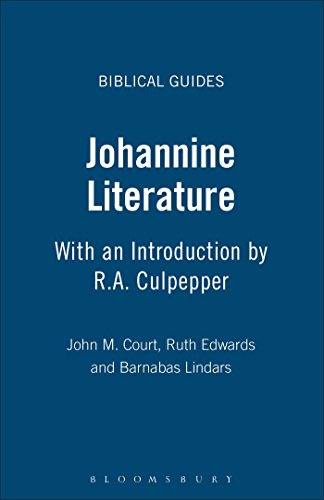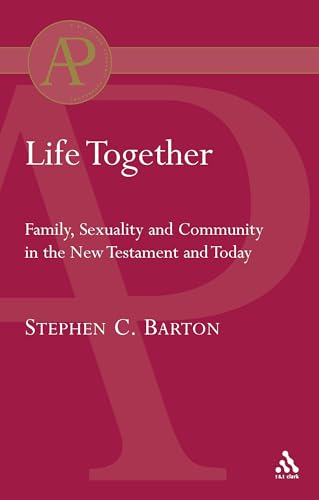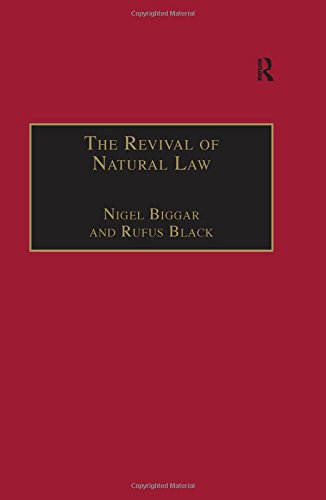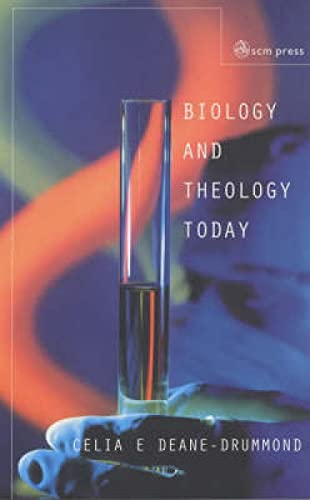Faith with Reason
Written by Paul Helm and Carl Trueman (eds) Reviewed By Oliver D. CrispThe tension between faith and reason has a long and convoluted history. Paul Helm has done much to show that there is reason to have faith, and that religious faith can be intellectually respectable. This study is an addition to that work. Helm seeks to show that such faith can and should be discussed, and assesses the success of recent treatments of faith in religious epistemology. His main dialogue partners are Alvin Plantinga’s ‘Reformed’ Epistemology, and the cumulative case for theism (hereinafter CCT) characterised by Richard Swinburne and Basil Mitchell. These two approaches to faith dominate the field, and it is particularly useful to have a volume that deals with them in such a careful and lucid manner.
This, however, is by no means an exposition of existing ideas. As well as dealing with the epistemic or evidential aspects to religious faith thrown up by these two ways of conceiving faith, Helm tackles the fiducial component of religious faith. He distinguishes between faith in the God of theism, and the God of Christianity. Belief in the Christian God involves a person, (in how one behaves for example), in ways that theoretical belief in a philosophical God does not. Nor is religious belief wholly different from other kinds of trust in, say, the stability of my bedroom floor, or a suspension bridge. There is parity between such common sense beliefs and religious faith.
Finally, Helm tackles faith and praxis. He focuses on the relationship between faith and virtue, and whether a person who is a scoundrel can also be a person of faith.
The following comments pertain to the epistemic/evidential aspects of this study. It is interesting that Helm, a Calvinist, develops a coherentist account of religious belief. That is, he argues that the CCT position fits with a view of religious faith that is weblike, with certain important beliefs more central than other, peripheral beliefs. This is in stark contrast to Plantinga’s ‘Reformed’ account of weak foundationalism, where some beliefs (in God, for example), are simply a given, for which no argument is necessary: such beliefs lie at the foundations of a person’s epistemic structures. One question this raises involves the extent to which adherence to a particular theological tradition involves related commitments to certain epistemological structures.
Helm takes issue with Plantinga’s use of Calvin too. The sensus divinitatis (sense of the divine) is not about the justification of the rationality of religious belief. It is to do with the proper functioning of our moral natures. If our moral nature is vitiated, that will affect what we are willing to consider as true about God, and the faith, or lack thereof, that ensues.
Two notions lie behind much of the argument of this account of faith. First, that our beliefs, including religious beliefs, are ‘person’ relative. For instance, what I find convincing, you may not, for a range of different reasons. Secondly, Helm invokes the (William) James principle: ‘a rule of thinking that would absolutely prevent me from acknowledging certain kinds of truth, if those kinds of truth were really there, would be an irrational rule.’ Religious faith is just such a kind of truth’ that is often ruled out of court a priori,in violation of this principle.
There are several other interesting and carefully nuanced lines of argument that this book pursues, which cannot be outlined here. Suffice to say that this is a valuable addition to the literature, and should be read by anyone with an interest in the philosophical foundations of, and justification for, religious faith.
Oliver D. Crisp
University of Notre Dame







